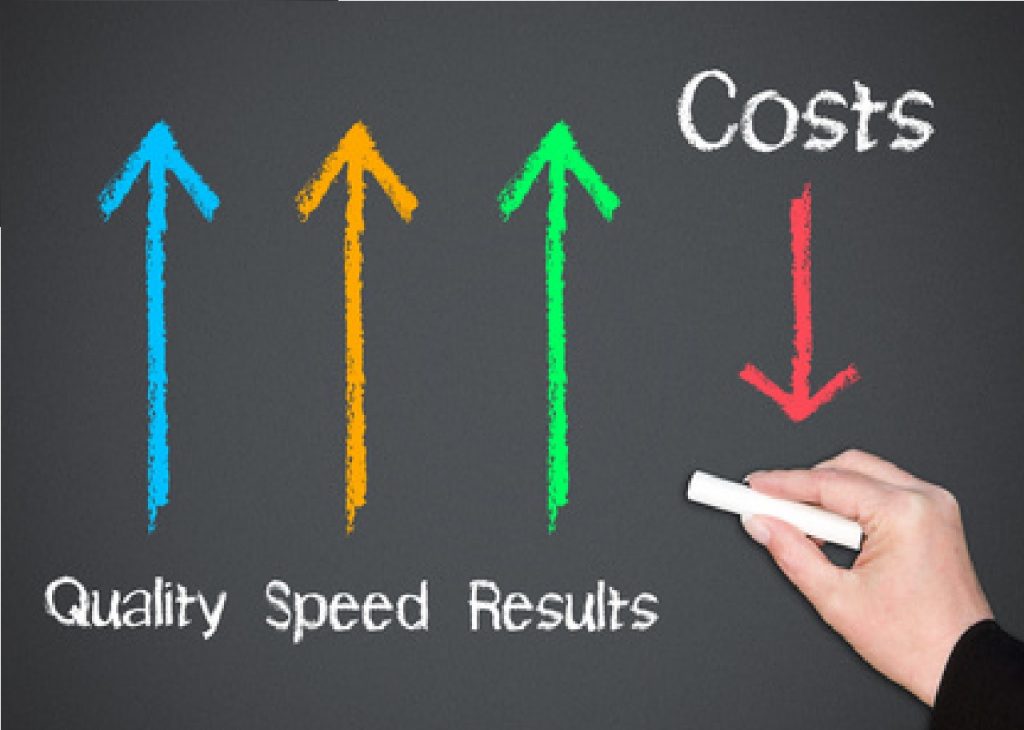Today we stare failure in the face, yet time and time again we see it as the enemy of innovation, improvement and operational leadership.
In it’s broadest term failure is the neglect or omission of meeting an expected result and is our constant companion during our working day. However because we aren’t looking to learn from it we give it different titles, measurement systems and moving targets, namely:
- Yield loss
- Non-conformances
- Productivity measurements
- Warranty claims
- Re-work and scrap
The bottom line is that we are comforted knowing that we have people and processes in place to shield ourselves from the uncomfortable truths behind the figures and avoid seeing the value in seeing quality as an offensive and not defensive strategy.
Don’t believe me, well take a closer look at your business. I believe that even the successful companies among us are spending over 25% of their turnover on ‘cost of failure’ in spite of the fact that the measures in place don’t represent the true internal, external, inspection and prevention metrics.
Whyy? Change set out below the top 3 tips on how to re position failure in our day to day activities and drive the right behaviours:
-
Empower the right failure strategy
That’s obvious I hear you say, and yes it is, but it doesn’t make it wrong. Too often senior leaders feel they need to know everything. Well the fact is we don’t. When was the last time you sat with your teams and re-mapped your business from a quality perspective and not simply from a financial perspective.
-
Empower the right people
If we are ever to deliver sustained improvement, then we need to hand ownership to the right people. Not in reporting terms but real and practical terms where individuals and teams are motivated to capture the lessons learnt from failure that develop better controls.
-
Challenge the perception of failure
The hardest challenge of all, but equally the one area of your business. Create windows of time to allow your teams to innovate, break things and generally ask ‘What if?’, and more importantly raise the findings from these events to everyone’s attention, and open up the debate.
Take a look at our Case studies and see how we have helped other businesses reduce waste and improve profits https://whyychange.com/case-studies/



